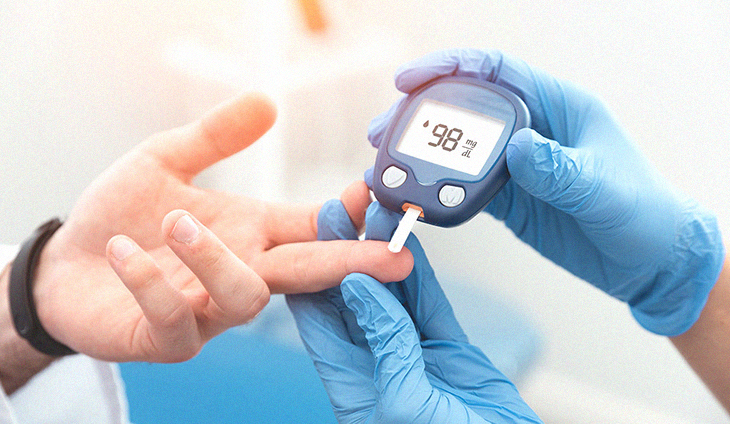
Diabetes mellitus, which is commonly known simply as diabetes, is a chronic metabolic disorder that occurs when the pancreas is unable to produce enough insulin, or when it does not use insulin efficiently. Our bodies need this insulin to get the glucose found in the food that we eat through our bloodstream and into our cells. Thus, a lack of insulin or inefficient use of it means that too much glucose would be left in our bloodstream, which may cause a variety of health problems.
Diabetes impacts at least 18.2 million Americans, plus another 41 million that have been diagnosed with pre-diabetes. Unfortunately, there is still no known cure for diabetes, making it a lifelong disease for at least 30 percent of the population. Without proper management, it can have a damaging impact on a person’s health. It may lead to severe complications, such as blindness, heart disease, stroke, or even cause to amputate a sufferer’s feet or legs.
There are two main types of diabetes, which are known as type 1 and type 2. Type 1 diabetes is an autoimmune disease wherein the body’s own immune system destroys the cells that produce insulin. Because of this, very little to no insulin is produced by the pancreas. Patients with type 1 diabetes need to inject their daily dose of insulin to maintain their blood glucose levels. While people can develop this at any age, this type usually manifests in children or young adults. On the other hand, type 2 diabetes occurs when the body doesn’t use insulin efficiently, or your body becomes resistant to insulin. 90% of diabetes cases fall under type 2, and it typically occurs in older adults. To manage this type of diabetes, patients should have a healthy diet, increase their physical activity, and maintain a healthy body weight. However, they may still need insulin and oral medication to control their blood glucose levels.
If your family has a history of diabetes, or if you feel you have a cause for concern, take a look at these 15 common symptoms of diabetes.
1. Frequent Urination
Polyuria is one of the three main symptoms of diabetes. This is when you urinate more frequently than usual, or urinate unusually large amounts of urine. If left untreated, it can result in severe dehydration, and affect kidney function. Polyuria in diabetics results when blood glucose reaches very high levels, and the body attempts to remove the excessive glucose through the kidneys. The kidneys end up filtering more water as well, causing you to urinate more often or in larger volumes than usual. If you have been experiencing an unexplained excessive urination for several days, see your doctor immediately, as this might be a sign that you have diabetes.



